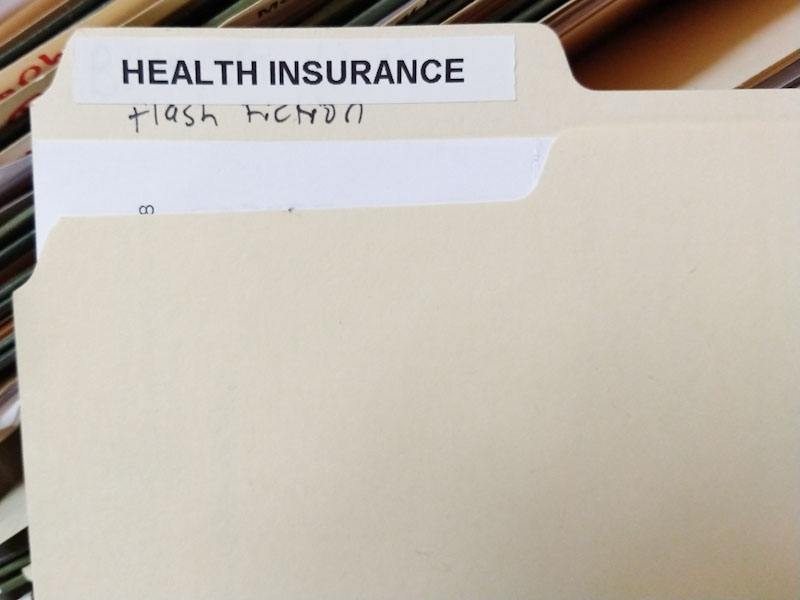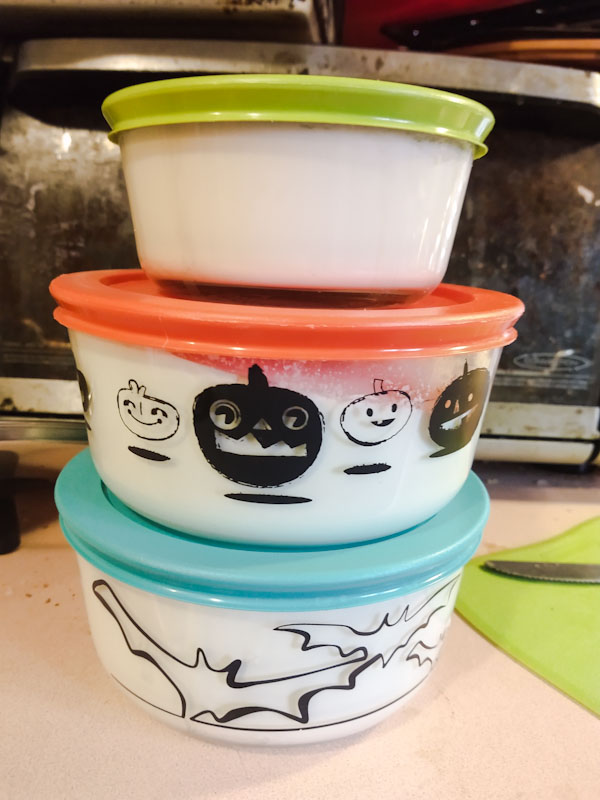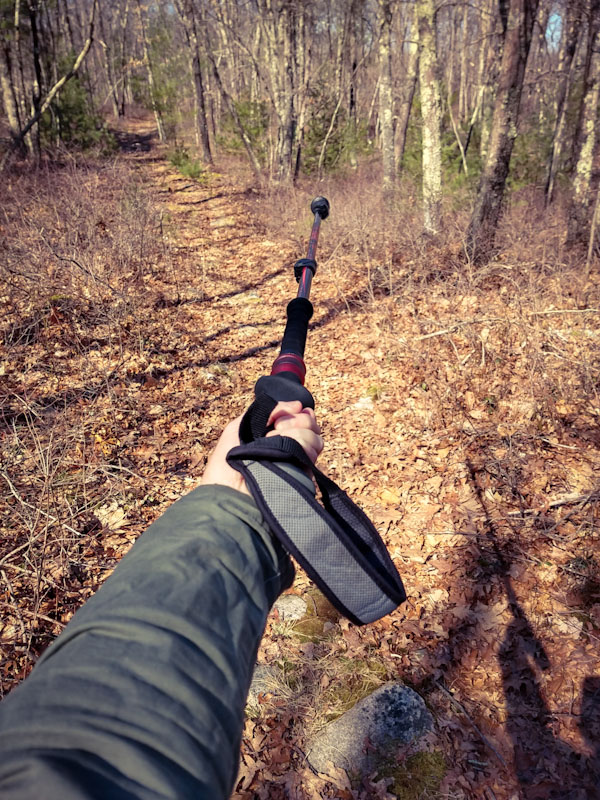I’m on one of the final climactic scenes of Stars Fall Out, and have ended up in a situation where my female main character is, in a not at all tongue-in-cheek fashion, trying to break a glass ceiling.
Short updates as opposed to full-length blog posts.
Speaking of weird RPG item drops, a flying skull in Stardew Valley gave me relaxed fit pants.
Did it hope it would need them again one day? Was it on a quest for a new body, possibly mine? I’ll never find out because I killed that skull and put those pants in a chest without even trying them on.
One day, almost a month ago, I went onto the Target website to place a pick-up order, something I did with some frequency even before the pandemic, thanks to shopping anxiety.
Even before outright mentions of COVID-19 had been added to the site, it said everything about the transitions people were making to self-isolation.
Deals on board games.
Deals on home fitness equipment.
Deals on lounge wear for the whole family.

I reused a file folder that had previously been labeled “Bitter Machines Flash Fiction.” Since the new label didn’t entirely cover the old one, it now says “Health Insurance Flash Fiction,” which is the worst, most boring, and also most soul-chilling and existentially dreadful type of flash fiction there is.
Sometimes during these early spring days, in this little not-quite-idyllic, rural New England town where I live, I go out walking and a brilliant, sunny daffodil snaps into my line of sight from across the street, and I think, “Pandemic. Pandemic? Pandemic. What the fuck, what the fuck?”
I started texting my partner to ask if he could “pick up some stuff,” but autocomplete assumed that the word stuff was supposed to be “snakes.”
What I find disturbing about this is that Google utilizes user data to make predictive text more accurate, and that there is apparently enough recorded user behavior to make “snakes” seem like a viable completion for that sentence.

The pandemic has meant that I finally started making homemade yogurt again. A local farm store is doing phone orders and pickups, so we have better access to quality milk than we do yogurt.
I worried that this batch wouldn’t come out because the milk felt hotter than normal, but in ten years of making yogurt, I’ve never had a batch fail “to yog,” as my partner puts it.

Now that everyone and their Uncle Bob has taken a sudden, pandemic-motivated interest in hiking, my hiking pole is also my social distancing pole.
Always remember that a social distancing pole is no substitute for choosing an unpopular trail with difficult parking and little to no markings either on the map or on the ground.
And no, I haven’t poked anyone with it–I would have to sanitize it.
My partner and I discussing the true meaning of Vaffeldagen, aka Waffle Day, aka March 25th:
Me: Vaffeldagen isn’t about the waffles. It’s about the friends we can’t see because of the pandemic.
Partner: The real friends are the waffles you made along the way.
When you Google “goat injuries” for book reasons because you need to get a guy out of an animal pasture so his wife can talk to her would-be-lover about some perjury they’re going to commit…
…and then a week later you still have six browser tabs dedicated to goat injuries, even though you decided not to go all plot devicey like that.
That’s writer life.
I’ve long suspected that heavy use of passive voice indicates a passive person.
I’ve had so many times when I’ve pointed out passive voice to people who’ve asked me to look over something and had them respond, “It just sounds more natural that way.”
If one finds it difficult to conceive of taking action, of course passive voice will sound more natural.
Back in November, I set myself the goal of either finishing Stars Fall Out or writing 25 scenes. I did my 25 scenes, but my planned ending has taken many more words than I anticipated. Now, at the beginning of March, I think I’m at a point where I can say I have a month of work left. This time, I’m basing that on the rate at which I’ve been finishing scenes since November, and that I can much more accurately count how many I have left. Here’s a recent excerpt:
“Can’t you make another one?’
“Do you have any idea of the intricacies of creating that particular item?”
In fact, I did not. For all the reading I’d done, for all the notes I’d found scattered in his various places of work, I still had found nothing that explained how his vials worked.
What I had found instead was his attempt at a book of aphorisms—his answer to the widespread popularity he was certain his magic would enjoy. Everyone would look to him not only as the creator of a new magical discipline, but as a fount of wisdom in all areas. It combined abstractions about shadowmantic theory—long paragraphs as winding and impenetrable as a hedge maze—with advice on sleep, diet, and the raising of children. Rise with the sun. Meat only on Athuday. He’d even written rules of etiquette for how to treat oneiromancers once his own magic supplanted theirs: treat them with the bemused kindness one would show an elder, but the distant wariness one would show a strange dog.
“You’ve yet to teach me how the vials work,” I said at last.
